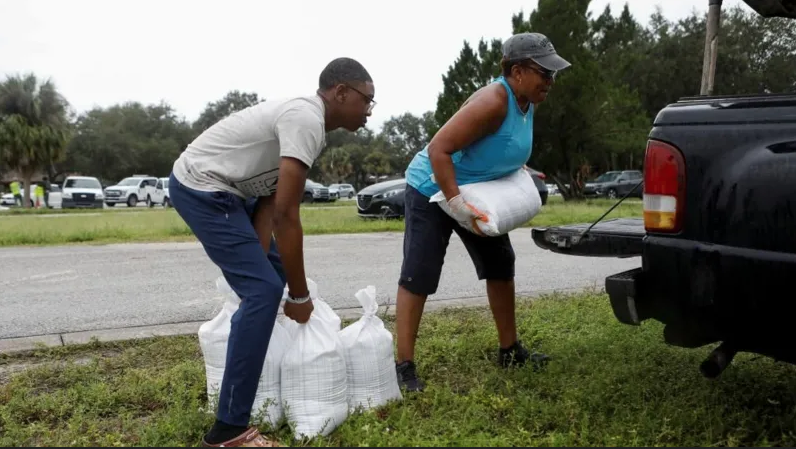Emotional toll of parenting children with disabilities
Written by on May 22, 2024
Althrough it can be done with love and passion, parenting children with disabilities can be one of the most demanding and difficult things one can endure.
Prepetua Hatupopi (44) says taking care of her 10-year-old daughter, Lonia Madume, has been nothing but challenging and socially isolating, which led her to suffer depression.
“In the beginning when I gave birth to her, her father was supportive. He eventually switched up and told me that in their family they do not give birth to babies living with disabilities. Since then, he has not supported us or visited us and it has been 8 years now,” she expressed.
According to Hatupopi, raising her child alone has not only led her to suffer depression, but she has also been unemployed as her child requires constant supervision.
“She has to be fed, she has to be washed and constantly watched and all of that is done by me. I personally do not have any problem doing what I am doing, because she is my daughter, but sometimes it is just a lot,” she says.
Hatupopi says since her daughter’s birth, she has always put Lonia first.
Also raising a child living with a disability is Mariam Alweendo, a mother to two-year-old Halleluja Alweendo.
Both Hatupopi and Alweendo share more than just a neighbourhood; they are both bound by the unyielding love and devotion they have for their children.
Alweendo, younger but no less determined, carries her son, Hallelujah, in her arms as she manoeuvres through the bustling streets.
Hallelujah lives with clubfoot, a condition that requires Alweendo’s constant attention and care.
Yet, amid the hardships, Alweendo says she finds solace in the radiant smile of her son, a testament to her enduring resilience.
“The same day I gave birth to my son, I called the father and I told him I had given birth to a child who was born with a disability, but he immediately protested it, with the response that in their family, they do not give birth to disabled children. I was very heartbroken, because I knew the burden would entirely fall on me,” she says.
Alweendo told The Namibian she was forced to get her child’s birth certificate alone, as the father completely denied any involvement.
Despite the trials they face, Alweendo and Hatupopi draw strength from each other, their bond fortified by their shared experiences and unwavering support.
They knew the weight of single parenthood, compounded by the complexities of raising children with disabilities.
They say their days are filled with moments of both joy and anguish, as they celebrate small victories and confront daunting challenges.
The two unemployed women plead to any good Samaritan who can help them with warm blankets, nappies and soft food for their children.
According to clinical psychologist Shaun Whittaker, it can be emotionally stressful for parents taking care of children with disabilities, as they require special attention, depending on the severity of the disability.
“If it is a very severe disability, it can be even more strenuous for parents, because it becomes a full-time job and if you are a single parent, you will be stretched to your limits in terms of emotional energy and financial resources. A child like that would need a good support system and if you do not have a good support system as a parent, it becomes virtually impossible to take care of such a child,” he says.
He says Namibia currently does not have a good structure for children with disabilities.
“We fortunately have two special schools in Windhoek, but outside Windhoek it becomes virtually impossible, especially in the rural areas. If you think about a single mother in a rural area with a child with a disability, there is no support system for these parents,” Whittaker says.
He says that from an emotional point of view, it can be demanding maintaining a balance between keeping a job and caring for a child.
“In Namibia, there is still a lot of guilt around special-needs children. People think it is the mother’s fault, that she was irresponsible during pregnancy or she did something wrong. So it is important to educate the people that it is not always the mother’s fault and there are many different reasons for that. These mothers don’t only stress about taking care of their child; there is also the element of feeling guilty,” Whittaker adds.
The post Emotional toll of parenting children with disabilities appeared first on The Namibian.



